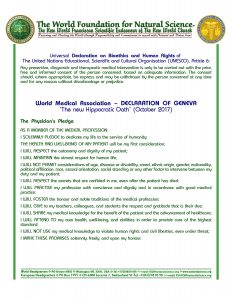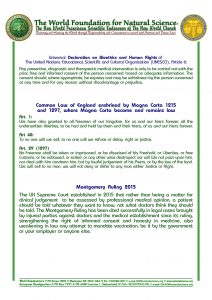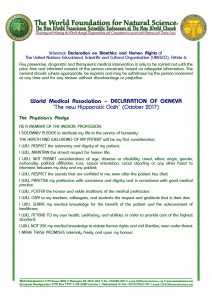While the Corona situation now seems to be worsening again in many countries during the winter months and many governments are again resorting to harsh and drastic measures, several vaccine manufacturers – most notably Pfizer/BioNTech, Moderna and AstraZeneca (as well as the Gamaleja Institute in Russia and Sinovac, Sinopharm and CanSino in China) – have reported very high efficacy and safety of their vaccines. Some countries (such as the United Kingdom, Canada, Bahrain, Saudi Arabia, Mexico, USA) have already granted emergency approvals for the Pfizer/BioNTech vaccine, while other countries want to start vaccinating as soon as possible.
However, despite the success stories, there are still many unanswered questions surrounding the Covid-19 vaccines.1)https://www.westonaprice.org/wp-content/uploads/CovidVaccineTalkingPoints.pdf Apart from the fact that the vaccines were developed in a fast-track procedure, omitting and abbreviating various testing stages, and are partly based on completely new methods that have never been approved for human use (mRNA vaccination), it is not clear, for example, whether protection lasts longer than two months. After the vaccination, vaccinated persons shall therefore be observed for two years in order to study the effects of the vaccination, because no long-term data is currently available. It is also unclear whether the vaccines prevent asymptomatic infection and offer protection against disease transmission to unvaccinated persons. Whether the vaccination works in children and immunocompromised persons is an open question.2)https://www.nejm.org/doi/full/10.1056/NEJMoa2034577 The same applies to pregnant women. Some scientists warn that the vaccine could lead to infertility in women. Dr. med. Wolfgang Wodarg and former Pfizer research director Dr Michael Yeadon have therefore filed a request with the EU regulatory authority (European Medicine Agency EMA) for the immediate suspension of all vaccination experiments.3)https://www.wodarg.com/impfen/
Nevertheless, there is increasing pressure on citizens in different countries to get vaccinated as soon as a vaccine is approved. By implicitly threatening restrictions on freedom of movement and travel or bans on access to restaurants or means of transport, for example, a compulsion to vaccinate is created without the need to impose a vaccination obligation.
Article 6 of the United Nations Educational, Scientific and Cultural Organisation (UNESCO) Universal Declaration on Bioethics and Human Rights states that preventive medical interventions (i.e. including vaccination) “is only to be carried out with the prior, free and informed consent of the person concerned, based on adequate information” and that the person concerned must not suffer any disadvantage or harm if he or she refuses to give consent to vaccination.
 To help you decide whether or not to give your consent to vaccination, you should ask your doctor or the respective person vaccinating you some questions about vaccination. The World Foundation for Natural Science has compiled a document with such questions for you. Ask your doctor to read through this document with you and answer your questions in detail. Note down the answers and have the doctor sign the document at the end. This also gives you something to hold on to in the event of vaccination damage, should you decide to get the vaccine.
To help you decide whether or not to give your consent to vaccination, you should ask your doctor or the respective person vaccinating you some questions about vaccination. The World Foundation for Natural Science has compiled a document with such questions for you. Ask your doctor to read through this document with you and answer your questions in detail. Note down the answers and have the doctor sign the document at the end. This also gives you something to hold on to in the event of vaccination damage, should you decide to get the vaccine.
Please select the document for your country below. If your country is not specifically listed, please select the appropriate document in your national language. You are also welcome to copy or forward the document with the questions for other interested parties.
USA – Letter Size United Kingdom
Other Countries – A4












